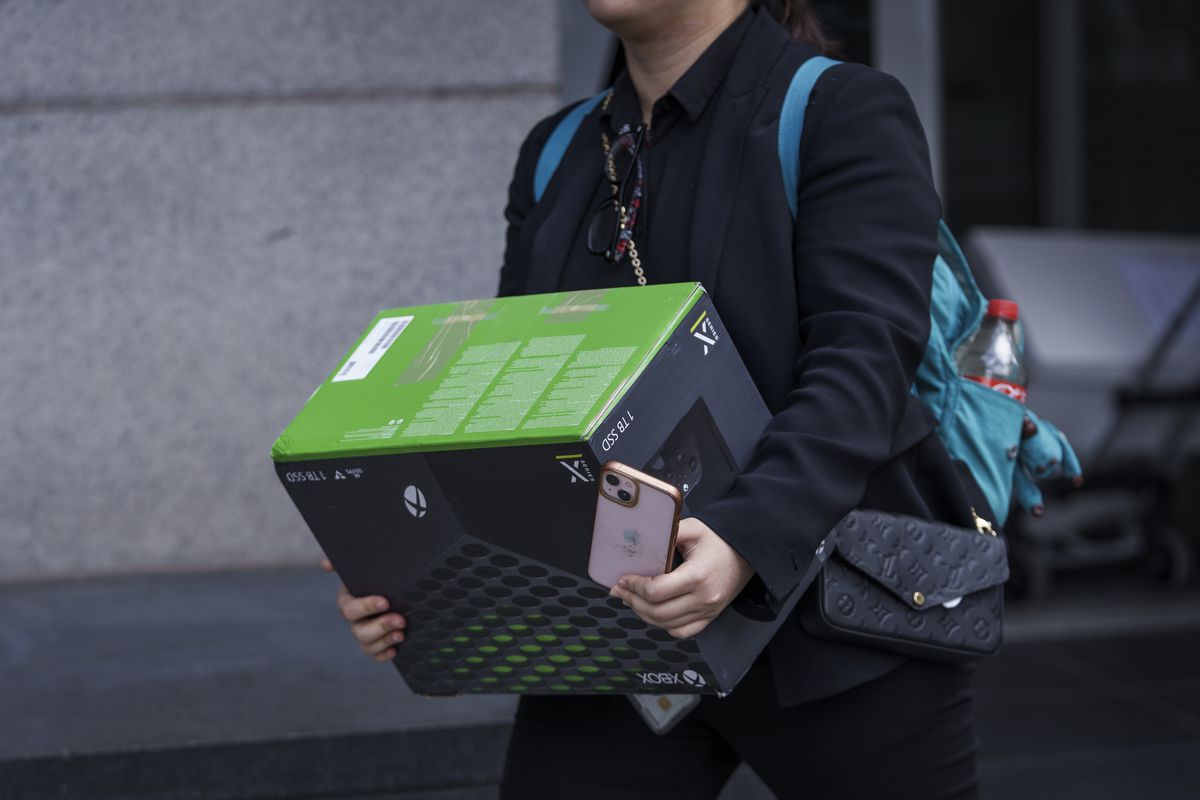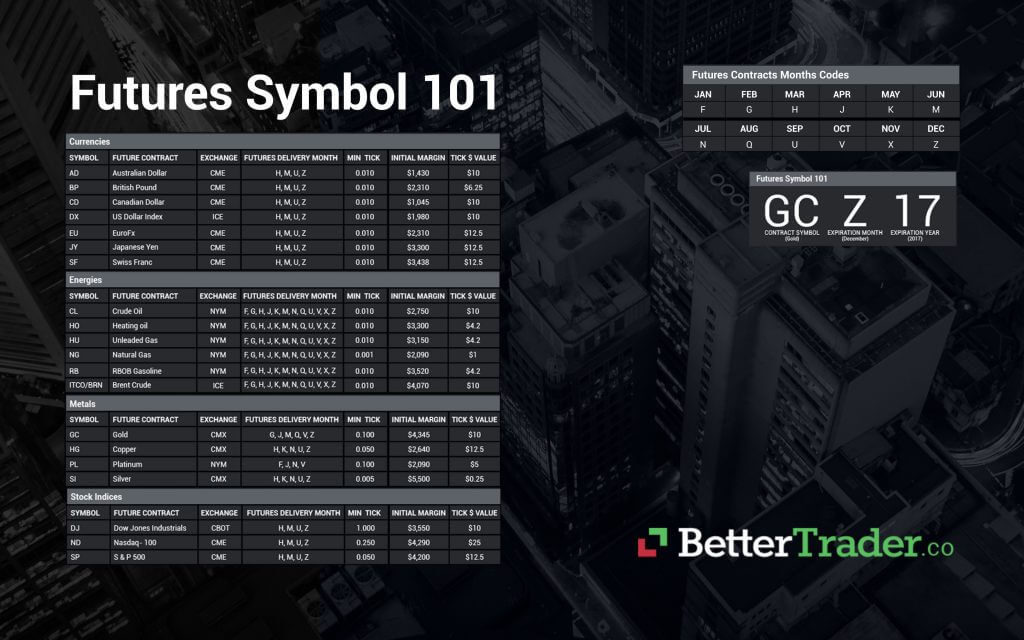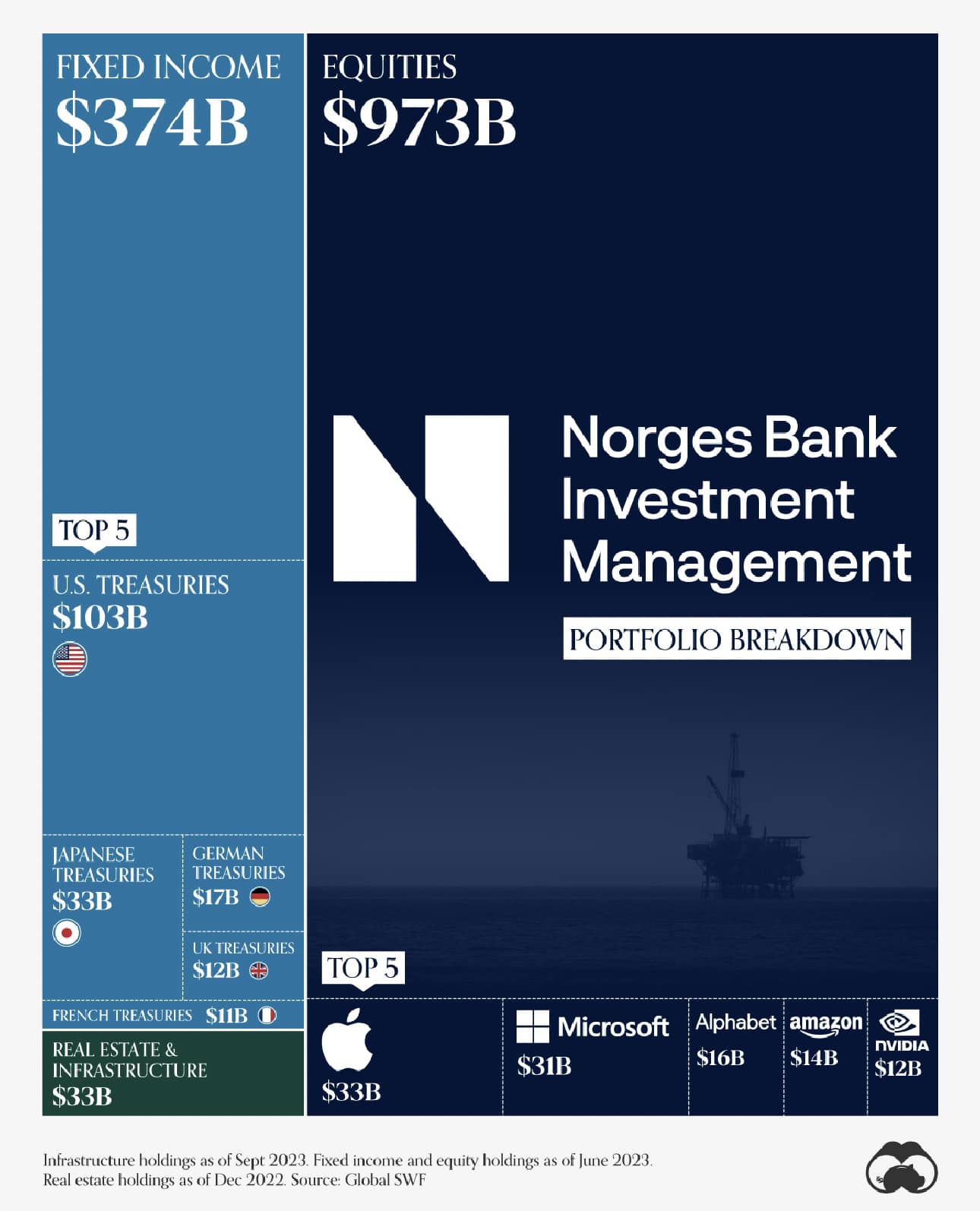FTC Challenges Court Ruling On Microsoft-Activision Deal

Table of Contents
The FTC's Arguments Against the Merger
The FTC's primary argument centers on the potential for anti-competitive behavior resulting from the merger. They believe the deal would significantly reduce competition, particularly within the console gaming market, and ultimately harm consumers.
Concerns about Anti-competitive Behavior
The FTC argues that the merger would grant Microsoft an unfair advantage, potentially stifling innovation and leading to higher prices. Their central concern revolves around the immensely popular Call of Duty franchise.
- Microsoft's potential to make Call of Duty exclusive to its Xbox ecosystem: This would severely disadvantage competitors like Sony PlayStation and Nintendo Switch, potentially driving players towards Xbox and harming the broader gaming market. The loss of such a major title could significantly impact Sony's PlayStation sales and market share.
- The impact on competitors like Sony PlayStation and Nintendo Switch: The FTC argues that the exclusion of Call of Duty would create an uneven playing field, potentially forcing competitors to significantly alter their strategies or face substantial losses. This could limit consumer choice and stifle innovation within the gaming industry.
- The potential for reduced innovation and higher prices for consumers: With less competition, Microsoft could potentially reduce investment in innovation and increase the prices of games and subscriptions, ultimately hurting consumers. The lack of competitive pressure could lead to a decline in overall quality and value for gamers.
The Role of Cloud Gaming
Beyond console gaming, the FTC highlighted concerns regarding Microsoft's growing dominance in cloud gaming and how the Activision Blizzard acquisition could exacerbate this.
- Microsoft's Game Pass subscription service and its potential to leverage Activision Blizzard titles: Adding Activision Blizzard's extensive catalog to Game Pass could make it even more attractive to subscribers, potentially locking out competitors and hindering the growth of rival cloud gaming services. This would give Microsoft an insurmountable advantage.
- The impact on independent game developers and publishers: The FTC worries that Microsoft's increased market power could negatively impact smaller studios and publishers, potentially limiting their ability to compete and innovate. This could lead to a less diverse and dynamic gaming landscape.
- The long-term implications for the accessibility and affordability of gaming: The FTC argues that the merger could lead to higher prices, less choice, and reduced innovation, making gaming less accessible and affordable for many consumers. This could have far-reaching implications for the future of the gaming industry.
The Court's Decision and Reasoning
Despite the FTC's concerns, the court initially ruled in favor of the merger, allowing Microsoft to proceed with the acquisition of Activision Blizzard.
Judge's Ruling in Favor of the Merger
The judge's decision hinged on several factors, including Microsoft's commitments to keep Call of Duty available on PlayStation for a period of time.
- Key arguments presented by Microsoft in its defense: Microsoft argued that the merger would benefit consumers through increased innovation and competition in the cloud gaming market. They also committed to maintaining Call of Duty on PlayStation.
- The court's assessment of the FTC's evidence: The court found the FTC's evidence insufficient to demonstrate that the merger would substantially lessen competition. They did not find the FTC’s arguments about reduced innovation and higher prices persuasive enough.
- Specific points of contention addressed by the judge: The judge addressed several points raised by the FTC, including the potential for exclusivity of Call of Duty, ultimately concluding that Microsoft's commitments mitigated these risks sufficiently.
Legal Precedents and Implications
The court's decision relied on existing legal precedents related to antitrust law and mergers and acquisitions.
- Similar antitrust cases that may have influenced the decision: The judge likely considered previous antitrust cases involving mergers in the tech industry, drawing upon previous legal interpretations and rulings.
- Potential changes to merger review processes in the future: The decision could influence future merger reviews, potentially altering how regulators assess mergers in the tech sector. The case raises questions about the effectiveness of current regulatory frameworks.
- The overall impact of the ruling on the regulatory environment: This ruling has significant implications for the regulatory environment surrounding mergers and acquisitions in the tech industry, potentially impacting future deals and raising questions about regulatory oversight.
Potential Ramifications of the FTC's Challenge
The FTC's challenge to the court ruling introduces significant uncertainty and could have far-reaching consequences.
Impact on the Gaming Industry
The outcome of this legal battle will undoubtedly shape the future of the gaming industry.
- The impact on game developers and publishers: The decision could impact the bargaining power of independent developers and publishers, potentially influencing their relationships with larger companies.
- Changes in game pricing and availability: Depending on the outcome, we could see changes in the pricing and availability of games, particularly those published by Activision Blizzard.
- The future of game subscription services: The challenge's outcome could significantly impact the competitive landscape of game subscription services, influencing their pricing and the titles available.
The Ongoing Legal Battle and Uncertainty
The FTC's challenge signifies a prolonged and potentially complex legal battle.
- Appeals process and potential delays: The case could face lengthy appeals, potentially delaying the full integration of Activision Blizzard into Microsoft's operations.
- The likelihood of success for the FTC's challenge: The success of the FTC's challenge remains uncertain, hinging on the strength of their arguments and the court's interpretation of antitrust laws.
- The ongoing debate over antitrust regulation in the tech sector: This case fuels the ongoing debate about antitrust regulation in the tech industry, highlighting the complexities of regulating powerful tech companies.
Conclusion
The FTC's challenge to the Microsoft-Activision Blizzard merger presents a critical juncture in the gaming industry and the broader tech landscape. The FTC's arguments highlight concerns about anti-competitive behavior and the potential for reduced consumer choice. The court's initial decision, while allowing the merger, has sparked a significant legal challenge, with the potential for long-term impacts on competition, innovation, and the overall gaming experience. The ongoing uncertainty underscores the need for continuous monitoring and informed discussion surrounding antitrust regulations and the future of the industry.
Call to Action: Stay informed about the latest developments in this crucial case regarding the FTC, Microsoft, and Activision Blizzard. Follow the ongoing legal battle surrounding this landmark merger and its impact on the future of the gaming industry by subscribing to our newsletter for updates on the FTC challenges and other important regulatory news. Keep abreast of developments in the FTC’s challenge to the Microsoft-Activision deal.

Featured Posts
-
 Sveriges Eurovision Chanser Svts Foerberedelser Om Kaj Vinner
May 19, 2025
Sveriges Eurovision Chanser Svts Foerberedelser Om Kaj Vinner
May 19, 2025 -
 Euro And European Futures Surge On Swissquote Bank Usd Futures Dip
May 19, 2025
Euro And European Futures Surge On Swissquote Bank Usd Futures Dip
May 19, 2025 -
 Fitness Friday Orlando Bloom Shows Off His Cold Plunge Routine
May 19, 2025
Fitness Friday Orlando Bloom Shows Off His Cold Plunge Routine
May 19, 2025 -
 Analyzing Abusa A Deep Dive Into The Ditch America Trade Trend
May 19, 2025
Analyzing Abusa A Deep Dive Into The Ditch America Trade Trend
May 19, 2025 -
 Cne Bajo Control Militar Analisis De La Sesion Controversial
May 19, 2025
Cne Bajo Control Militar Analisis De La Sesion Controversial
May 19, 2025
